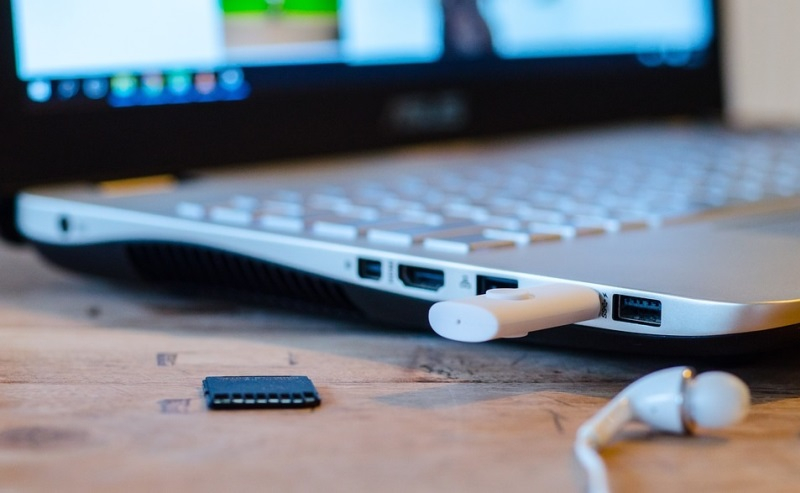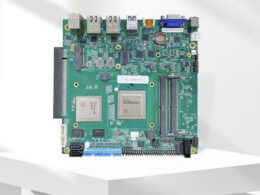Data recovery company, CBL, has reported a rise in unreliable memory chips in modern microSD cards and USB drives. The company claims that there is an increasing number of devices with cut-down memory chips from unidentified manufacturers and modified microSD cards soldered to the device’s board, leading to a decline in the quality of portable flash drives.
“Last year, as we disassembled malfunctioning USB drives, we found a disturbing number of low-quality memory chips with reduced capacity and removed the manufacturer’s logo. Defective microSD cards are also soldered to the USB drive and managed by an external controller on the USB drive board, instead of the internal controller of the microSD card itself,” explained Conrad Heinicke, Managing Director of CBL Datenrettung GmbH.
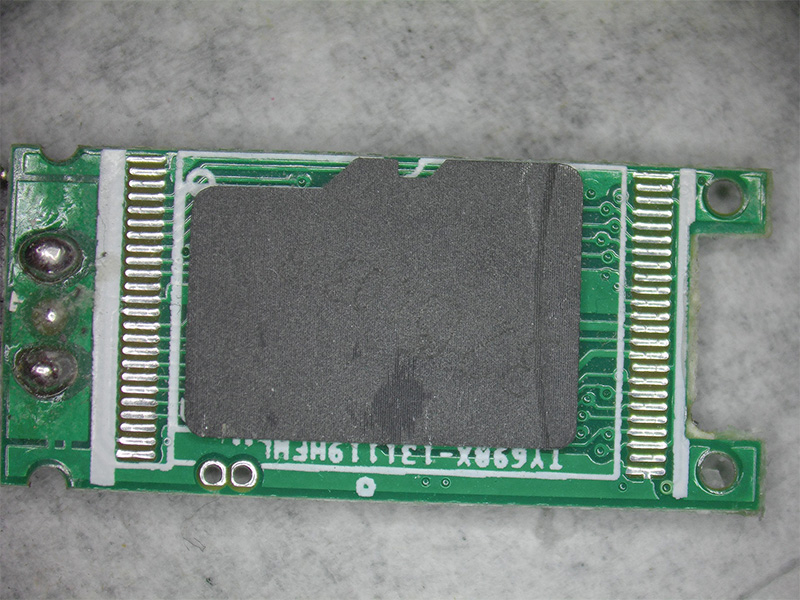
According to CBL, the sub-par chips in question are NAND memory chips that did not pass quality control standards and have likely been made by large manufacturers such as SanDisk and Samsung. These chips, instead of being disposed of, are making their way onto the market. While inspecting poor-quality drives, the CBL specialists found defaced manufacturer’s names on memory chips, some of which could still be identified as SanDisk products. In some cases, the manufacturer’s name and logo were completely removed. These low-quality USB drives were often found among “promotional gifts” but some were among “branded products” although CBL did not specify which brands were involved.
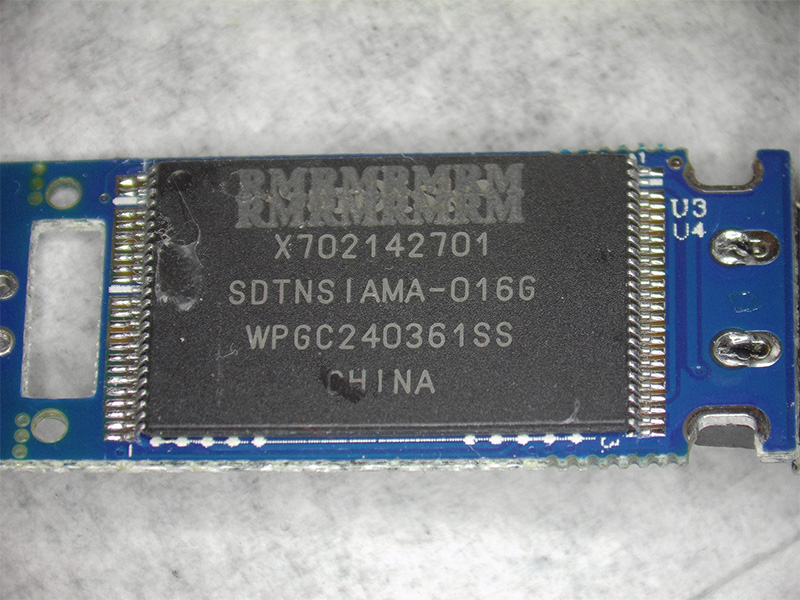
CBL has also pointed out another problem in modern flash drives – the QLC technology that allows more data to be stored in a single flash memory chip. QLC chips are becoming increasingly common in cheaper drives. According to CBL, the combination of low-quality flash chips and QLC exacerbates existing quality issues, leading the company to warn that consumers should not overly rely on the reliability of flash drives.
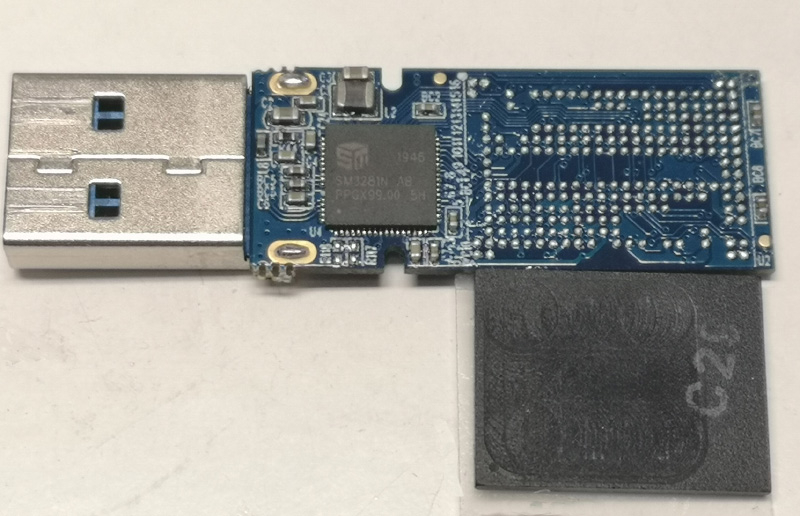
The CBL report did not address the problem of “deceptive” USB drives, which claim to have a capacity of several hundred gigabytes but in reality only contain 16 gigabytes or even 8 gigabytes of memory. Such devices are also widespread and constructed using methods similar to the USB drives that CBL warns about, such as the use of microSD cards.

